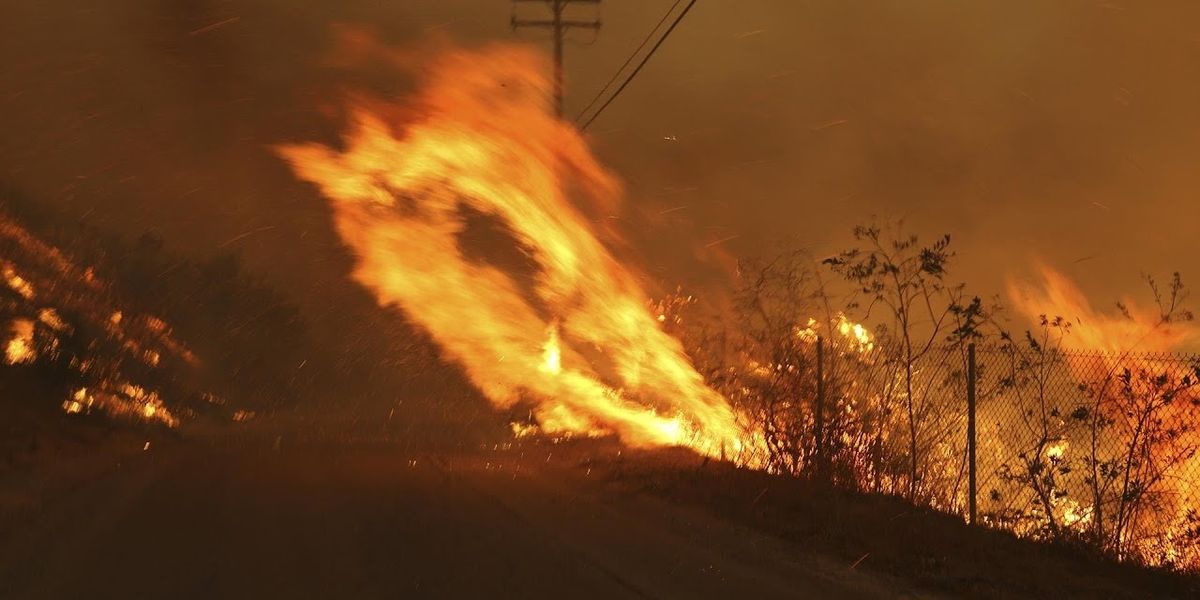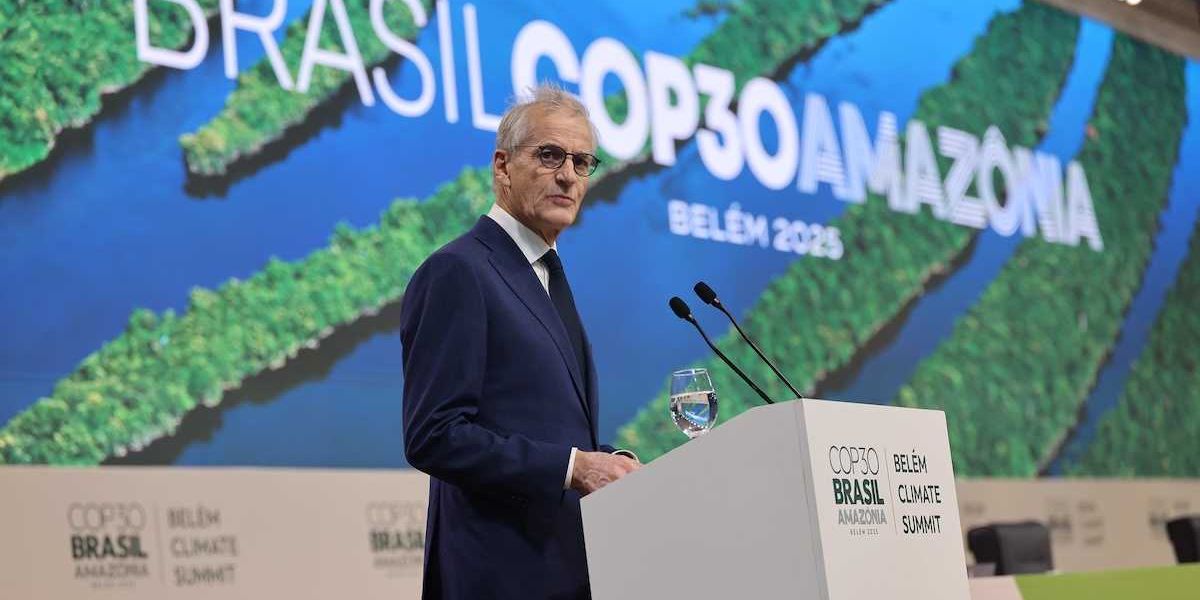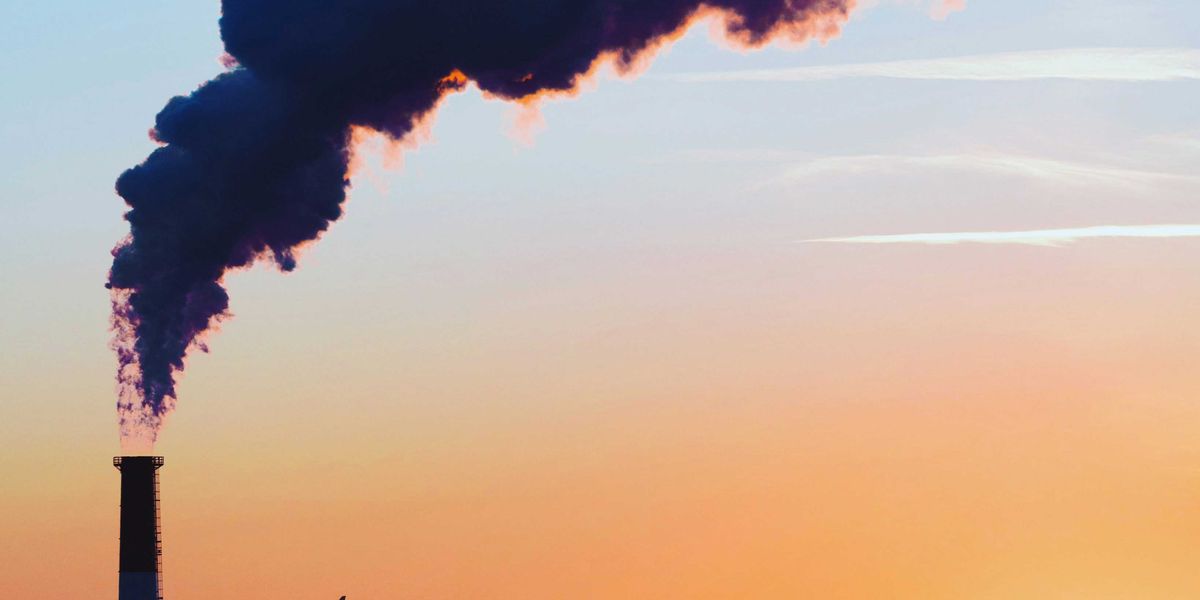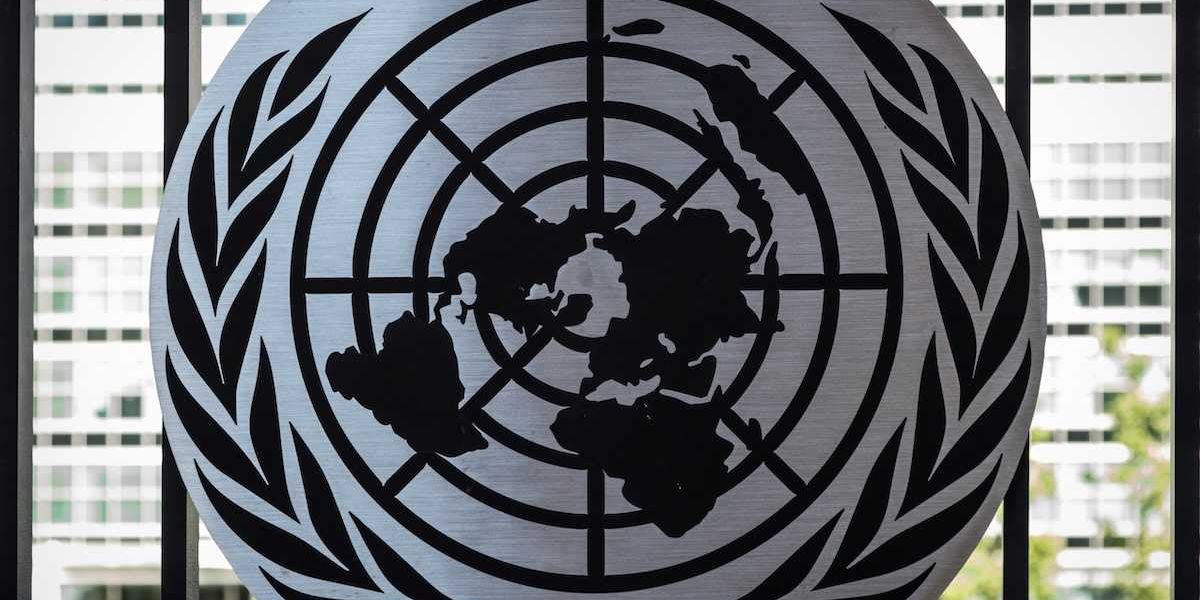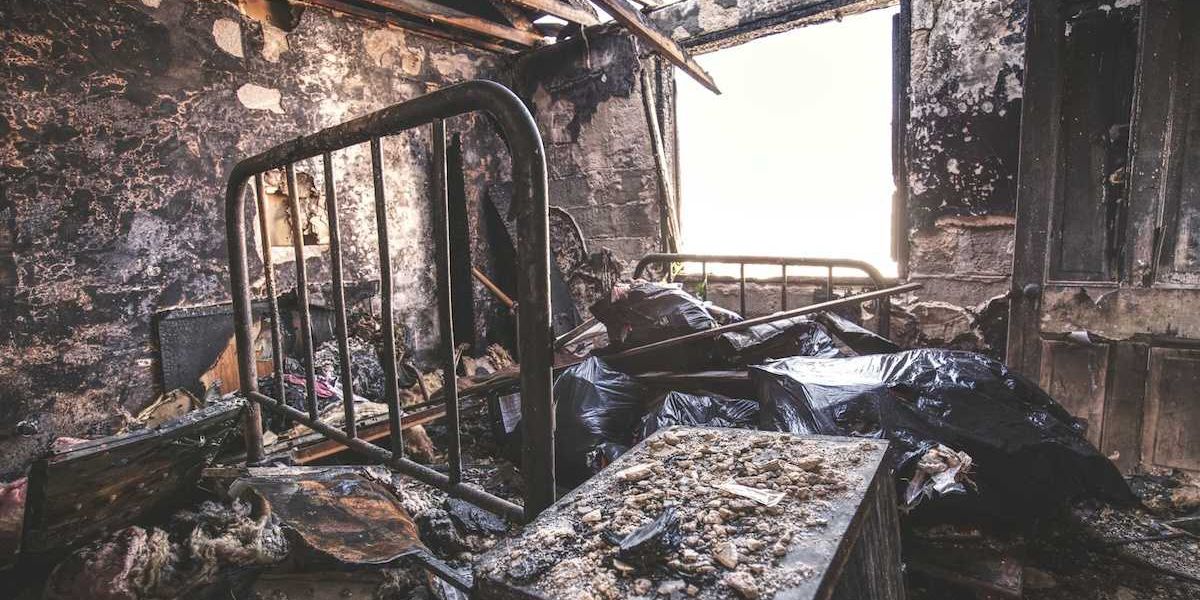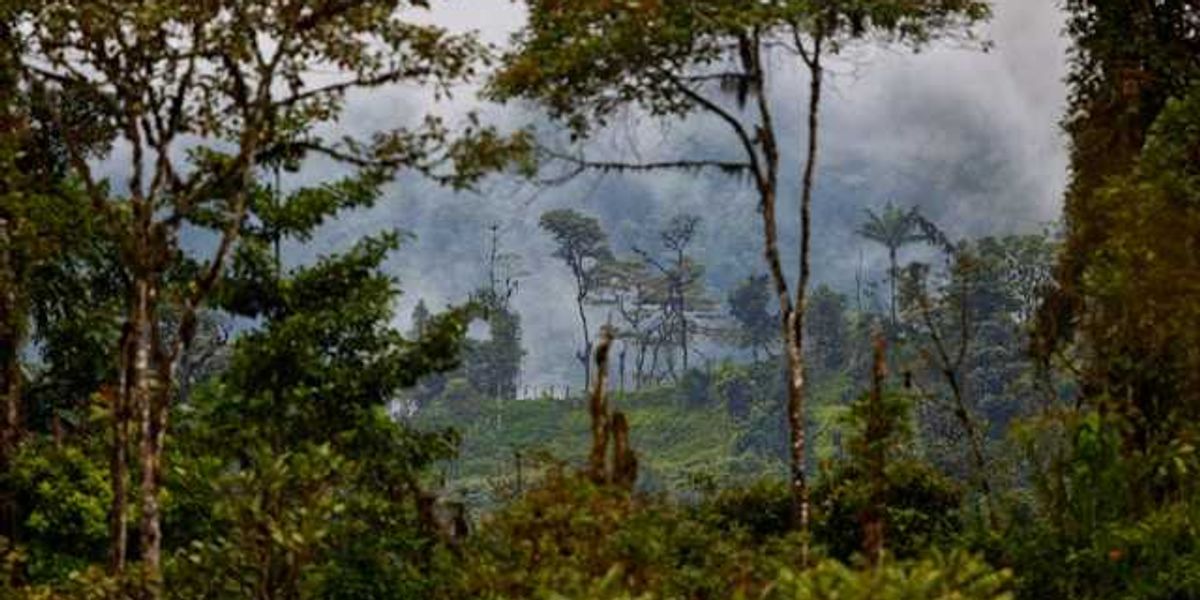Peter Dykstra: Sunday soundbites from scientists?
A venerable forum for political talk sidelines the blowhardiness and talks climate. Could global warming reporting become cool?
Even as Greenland melts, glaciers recede and Kilimanjaro sheds its equatorial snow, hell froze over in a corner of the media world last week.
NBC's Meet the Press, the granddaddy of Washington political gabfests, put away the party-line talking points and spent a full hour on the urgency of climate change.
No Trump, or government shutdown; no Pelosi or Schumer; no collusion. Just the issue that many of us regard as humanity's most dire challenge, for an hour, in the scientific desert of political talk.
Whether this is an aberration or the beginning of a sea change remains to be seen. But with America two years into its new role as the undisputed home of climate denial, it would be a breakthrough long overdue.
Climate advocates and scientists have been flummoxed by this failure, but a remark by a cable news leader five years ago may offer a clue.
If you're looking for candor, the corporate suites of TV networks are usually not the place to search. But give CNN boss Jeff Zucker credit for honesty, even if he was confessing to journalistic malpractice. When asked about the absence of climate change coverage on his network in 2014, he said, "Climate change is one of those stories that deserves more attention, that we all talk about, but we haven't figured out how to engage the audience in that story in a meaningful way. When we do do those stories, there does tend to be a tremendous amount of lack of interest on the audience's part."
There's little evidence that climate change's mountain of evidence has moved the needle in the half-decade since Zucker's allocution. All of the disappearing icecaps, acidifying oceans and off-gassing permafrost in the world still rate less network attention than a single Kanye, Kardashian, or Jenner. Which is why the Meet the Press effort last week could be significant.
The news watchdog group Media Matters monitored coverage of the heat, hurricanes, wildfires and floods that ravaged the U.S. in 2018, and found a near-unanimous failure to mention the influence of climate change on extreme weather events. In presidential politics, it's been a 10-year climate coma: The last time debate moderators tossed a climate change question to candidates was September 2008.
Lisa Hymas of Media Matters cited chapter and verse of TV climate fails in a late November interview with NPR's Brooke Gladstone.
For years, the full-time environment reporting was a backwater at major newspapers and broadcasters. In 1989, ABC's star White House reporter Sam Donaldson joked that "the ecology beat" was the profession's purgatory. But if it were a backwater then, it's largely a drained swamp now in television news. Only NBC's Anne Thompson holds the title of "chief environment correspondent," and her on-air assignments often divert to religion, business or breaking news.
But is the Meet the Press hour a freakish exception, or a herald of greater attention? To their credit, some of the biggest traditional print and wire service organizations have already upped their game.
The New York Times and Washington Post have beefed up staffing and output. So has the Associated Press, and its climate and environment stories help fill the gaping holes left by the evacuations of the environment beat at all but the biggest regional papers.
Nonprofit journalism increasingly shows an ability to report to more than the already-converted audience. Advocacy efforts to train climate scientists in speaking plain English for major media and train journalists and TV meteorologists how to report on the subject appear to be paying off.
TV and its associated digital platforms reach millions at a time, and are still the keys to unlocking both public and political support.
Maybe we'll someday mark December 30, 2018 as the day that America started its serious conversation on addressing climate change.

